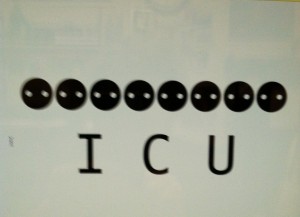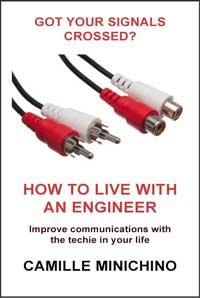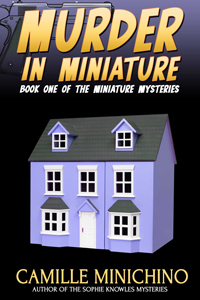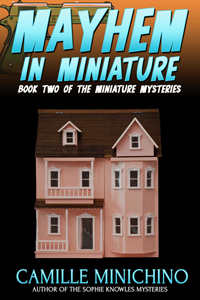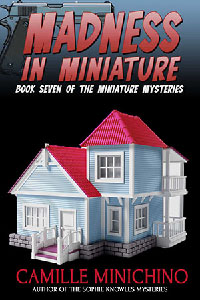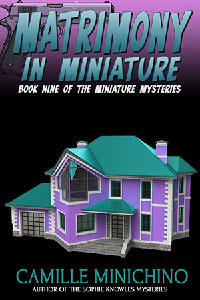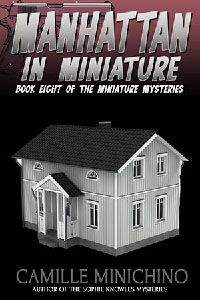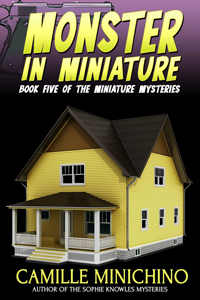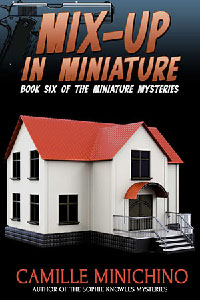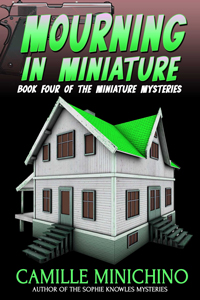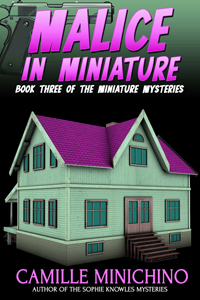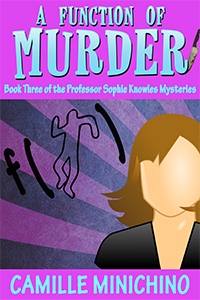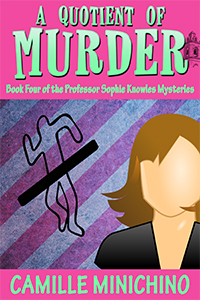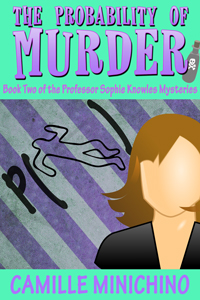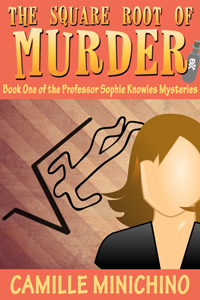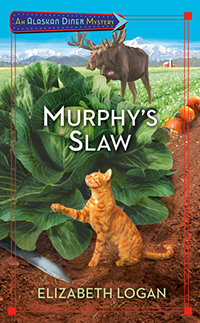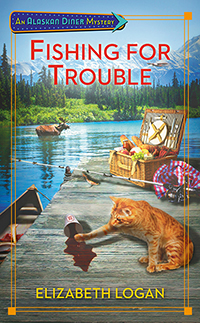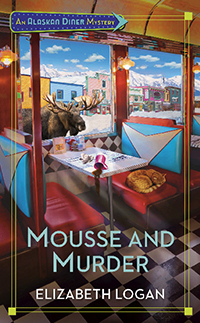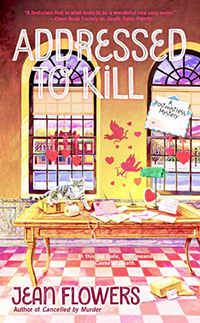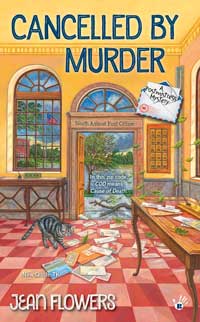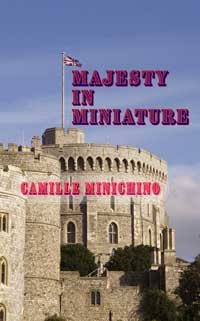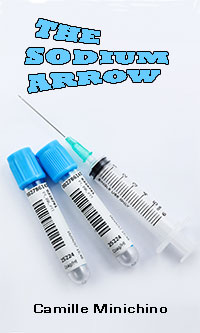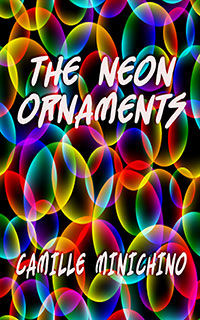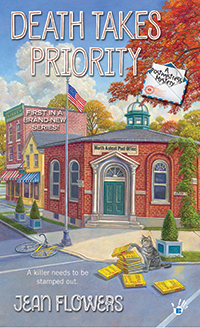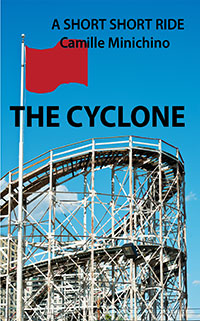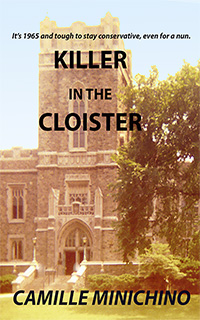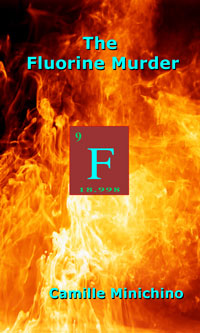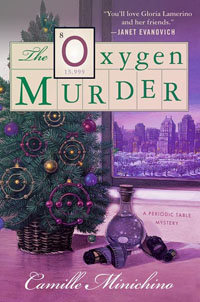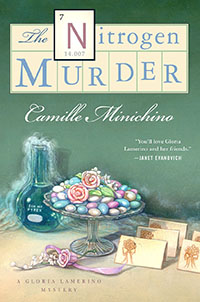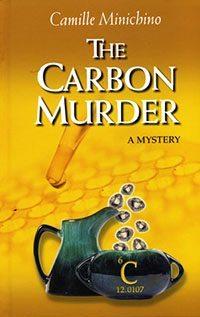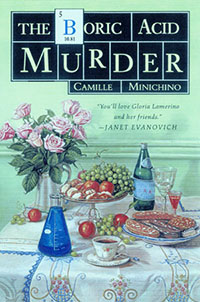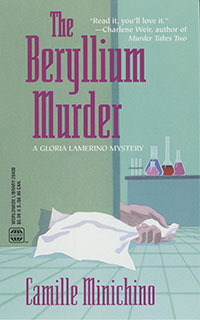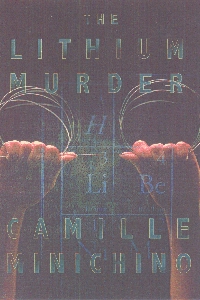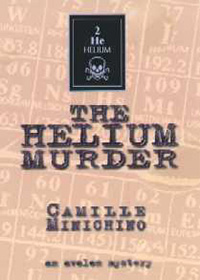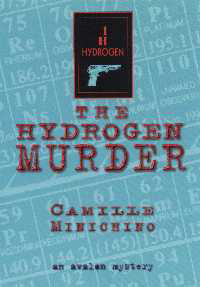April 24, Take Your Son and Daughter to Work Day!
The day began in 1993 to give adolescent girls additional attention and an insight into work-world opportunities available to them. When boys realized that they were in school as usual while the girls were out having fun, the day turned into Take your Son and Daughter to Work Day. Much better.
Too bad it wasn’t planned that way in the first place. Isn’t it just as (or more) important for adolescent boys to see both women and men in the workplace? Aren’t “boys” still the ones at the top, who do the screening and the hiring?
Years ago, I was part of a similar program, XYZ, to give girls an extra push by having a day of science, for girls only, taught by female scientists. Sounds good, right? Wrong. First, there was the giggle factor – boys, young and old, giggling over the fact that girls had to be taken aside and given special attention to learn science. They just weren’t good enough to take science with the boys.
They were right—that’s how it looked.
That should have been enough to kill the program, but it didn’t. I tried several times to change the course of the program, simply by inviting boys to the classes. Let the boys experience female scientists, too. (see above for why that’s important!) I continued to volunteer in the program, constantly petitioning for a change of philosophy and was shot down each time, until I finally quit. I realized that sexism was still rampant, and the powers that be would always consider that girls need special TLC to learn the hard stuff.
Last time I checked (4/22/14) the program is alive and running, and still girls only. I found an interesting FAQ on their website:
Q (paraphrasing): Why is there such a thing as the XYZ conference?
A (in part): Because girls and women are still underrepresented in science and technology fields.
I might pose it in the opposite way.
Q: Why are girls and women still underrepresented in science and technology fields?
A: Because programs like XYZ that have existed for more than 30 years, and are still encouraging people to think girls can’t cut it in the normal learning environment. Because boys who are left out will still go on to be the CEOs, Research Directors, who will pass over those girls.
 Filed Under :
Filed Under :  Apr.24,2014
Apr.24,2014

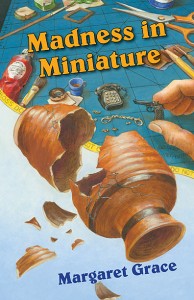 GIVEAWAY ALERT: go to
GIVEAWAY ALERT: go to  Tags :
Tags : 
